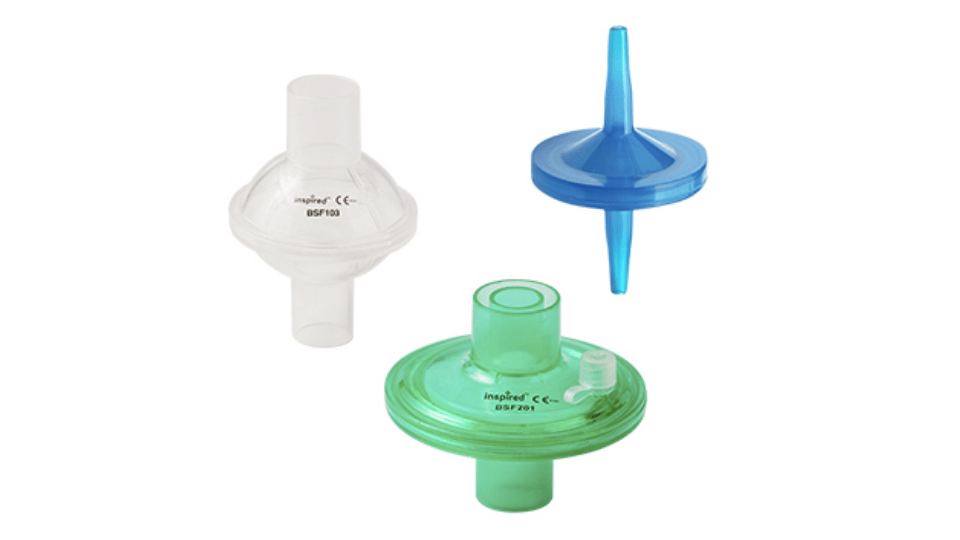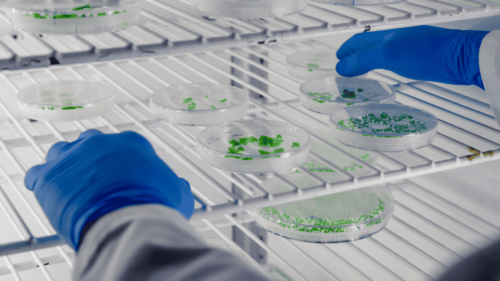Bacterial filters are unsung heroes in safeguarding the environment and human health in a time when cleanliness and sanitation are more important than ever. Bacterial filters are useful tools for many uses, especially in industrial, laboratory, and medical contexts. This blog post explores the definition, operation, and importance of bacterial filters in the continuous fight against infection and contamination.
What are Bacterial Filters?
Bacterial filters are highly efficient devices designed to remove bacteria and other microbial contaminants from air, gas, and liquids. Utilizing a physical barrier or a combination of physical and chemical actions, these filters trap and eliminate microscopic organisms that could pose health risks, ensuring the sterility and safety of the environment or products. GVS Malaysia provides a range of bacterial filters that meet stringent quality standards, offering solutions tailored for diverse requirements.
How Do Bacterial Filters Work?
The functionality of bacterial filters hinges on the principles of mechanical filtration. As fluid or air passes through a tightly woven media, particles larger than the pore size of the filter media are captured and retained. The effectiveness of a bacterial filter is determined by its pore size, generally measured in microns, which is crucial for applications requiring sterility. GVS Malaysia’s bacterial filters leverage advanced materials and manufacturing techniques to ensure optimal performance across all usage scenarios.
The Importance of Bacterial Filters
- Medical Applications: In healthcare, bacterial filters are vital in preventing the spread of infections in respiratory devices, sterilizing surgical instruments, and safeguarding critical environments like operating rooms and isolation wards.
- Industrial Use: Industries that require sterile processes, such as pharmaceutical manufacturing and food and beverage production, rely on bacterial filters to maintain product purity and comply with health regulations.
- Research and Laboratory Settings: Bacterial filters protect sensitive experiments and cultures from airborne contaminants, which is essential for accurate and reliable results.
Choosing the Right Bacterial Filter
Selecting the appropriate bacterial filter requires understanding the specific needs of your application. Consider factors such as flow rate, resistance, filter efficiency, and whether the filter will be used for air, gas, or liquid. GVS Malaysia’s experts can assist in identifying the best bacterial filter for your application, ensuring that it provides the highest level of protection and efficiency.
Conclusion
In many different applications, bacterial filters are essential for preserving sterility and avoiding contamination. These filters are now more dependable and efficient than before thanks to developments in materials and technology. GVS Malaysia continues to lead the way in providing premium bacterial filters that satisfy the changing demands of global businesses. Businesses can greatly improve their operational safety and product integrity by knowing and using the appropriate bacterial filters.



